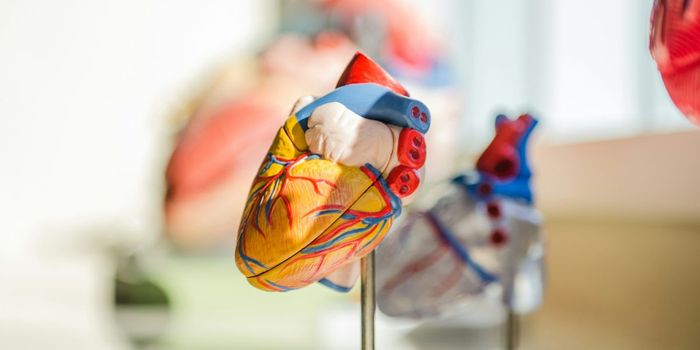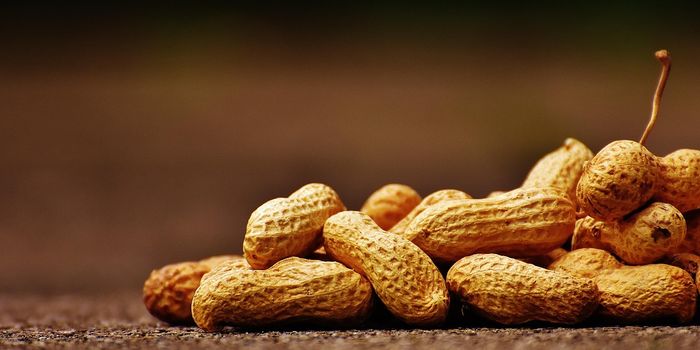Night Owls Face Severe Side-Effects From Living Like Early Birds
Every person has a circadian rhythm that tells them when it’s time to go to sleep and when it’s time to wake up and begin their day. But some people find difficulty in sleeping when their circadian rhythm is disturbed by the normalities of life.
There are two primary types of people: early birds and night owls. The former enjoys going to sleep early and waking up early, while the latter enjoys going to sleep later and waking up later. Unfortunately, life’s pace doesn’t take both groups into account.
At least 80% of Americans follow work schedules that require them to wake up early, while almost 30% of Americans identify as night owls. This inconsistency means many Americans aren’t following their circadian rhythm, and that comes with a bevy of health-related consequences.
Some of these consequences include a higher risk for obesity, blood pressure, diabetes, coronary heart disease, sleep apnea, and depression, among other things. Teens are especially vulnerable to these side effects, given just how many enjoy the nightlife.








